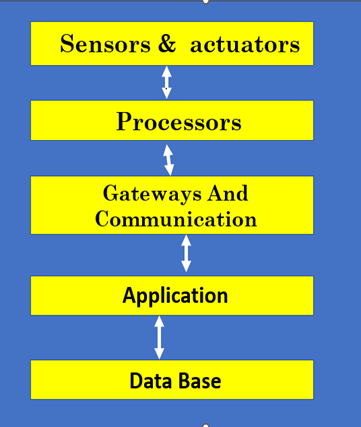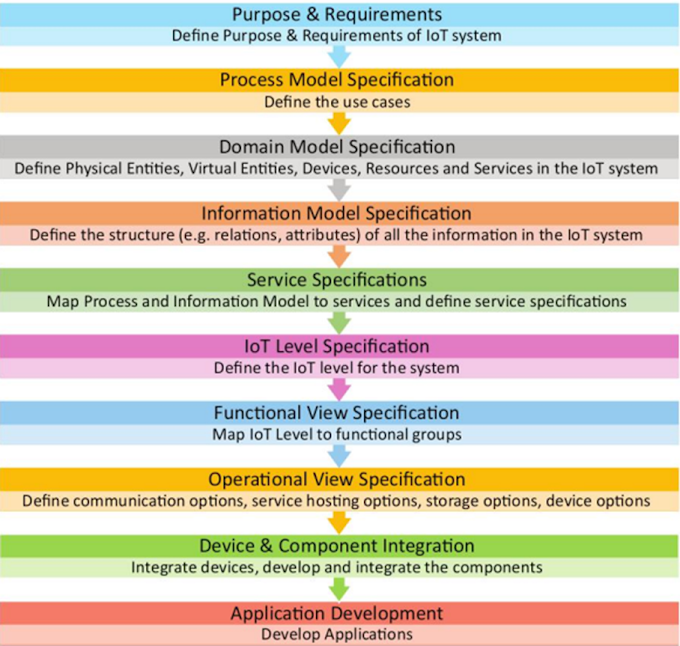Data Privacy in the Cloud
Definition
·
Protection
of sensitive information stored, processed, or transmitted in cloud computing
environments.
· Includes personal data (e.g., names, emails, financial details), organizational data (e.g., intellectual property), or third-party providers, distributed infrastructure, and shared resources.
Features:-
1. User Trust:
2. Regulatory Compliance:
3. Security Risks:
4. Business Reputation:
5. Global Data Flows:
Principles of Data
Privacy in the Cloud
To ensure data privacy, cloud
providers and users must adhere to core principles:
1. Consent and Transparency:
2. Data Minimization:
3. Purpose Limitation:
4. Security:
5. Accountability:
6. Data Subject Rights:
Data Privacy Mechanisms in the Cloud
Cloud providers and organizations
implement several mechanisms to safeguard data privacy:
1. Encryption:
2. Access Controls:
3. Data Residency and Sovereignty:
4. Data Anonymization and Masking:
5. Audit and Compliance Tools:
6. Shared Responsibility Model:
- Cloud Provider: Secures the infrastructure
- Customer: Manages data encryption, access policies, and
application-level security.
# Challenges or
limitations to Data Privacy in the Cloud
Despite advancements, several
challenges persist:
1. Multi-Tenancy Risks:
2. Data Breaches:
3. Jurisdictional Issues:
4. Vendor Lock-In:
5. Insider Threats:
6. Lack of Control:
Best Practices for
Ensuring Data Privacy in the Cloud
To mitigate risks and ensure robust
data privacy, organizations should adopt the following best practices:
1. Choose a Reputable Cloud
Provider:
2. Implement Strong Encryption:
3. Regularly Audit and Monitor:
4. Train Employees:
5. Leverage Data Loss Prevention (DLP) Tools:
6. Understand the Shared Responsibility Model:
7. Plan for Data Portability and Deletion:
8. Stay Compliant with Regulations:
Future Trends in
Cloud Data Privacy
1. Zero Trust Architecture:
2. AI-Driven Privacy Tools:
3. Homomorphic Encryption:
4. Decentralized Cloud Storage:



0 Comments